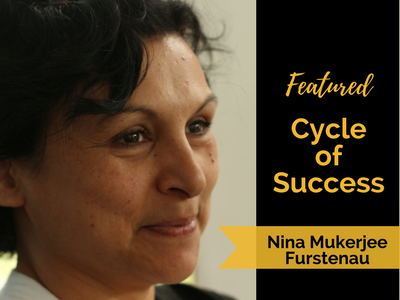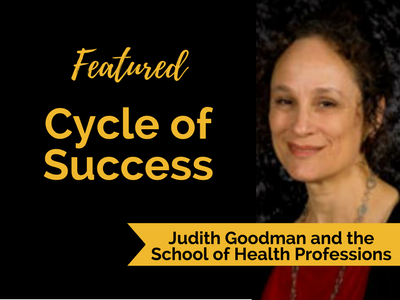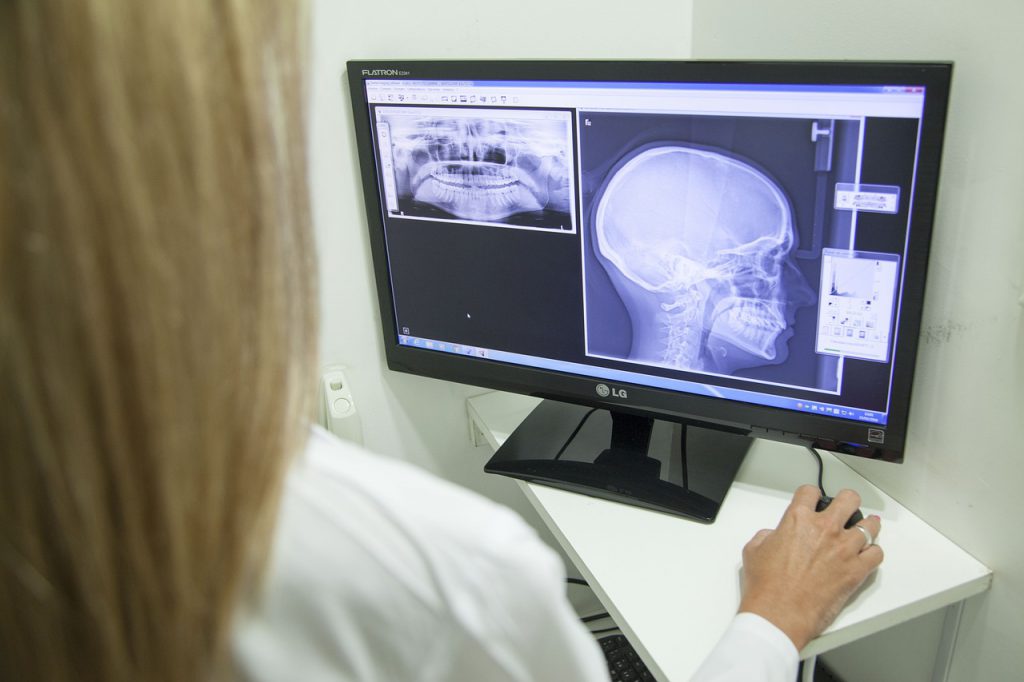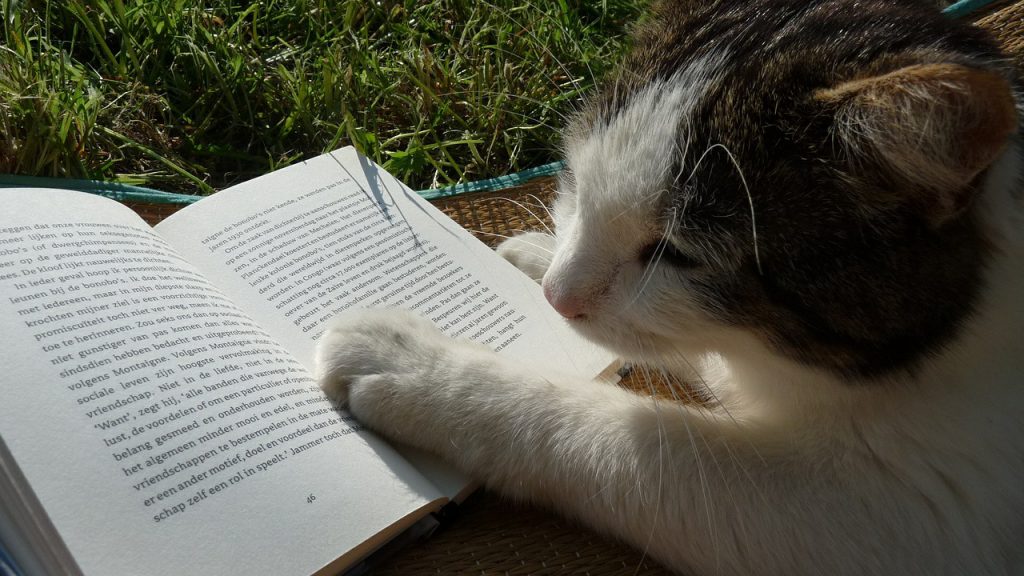5 July 2017
Below are College of Veterinary Medicine publications added to the Scopus database in the last 30 days.
A note on the links: the doi link will take you directly to the publisher’s web page. The PMID link will take you into PubMed; the PMCID link into PubMed Central. Full-text availability will depend on your institution’s subscriptions.
PubMed Collection of MU CVM Publications 2017
Congratulations to all the recently published authors!
Journal Articles
Coldren KM, Li DP, Kline DD, Hasser EM, Heesch CM. Acute hypoxia activates neuroendocrine, but not presympathetic, neurons in the paraventricular nucleus of the hypothalamus: Differential role of nitric oxide. American Journal of Physiology – Regulatory Integrative and Comparative Physiology. 2017;312(6):R982-R95. doi: 10.1152/ajpregu.00543.2016. PubMed PMID: 28404583.
Jang S, Lewis TS, Powers C, Khuchua Z, Baines CP, Wipf P, Javadov S. Elucidating Mitochondrial Electron Transport Chain Supercomplexes in the Heart during Ischemia-Reperfusion. Antioxidants and Redox Signaling. 2017;27(1):57-69. doi: 10.1089/ars.2016.6635. PubMed PMID: 27604998.
Goyette S, Liang Y, Mafuvadze B, Cook MT, Munir M, Hyder SM. Natural and synthetic progestins enrich cancer stem cell-like cells in hormone-responsive human breast cancer cell populations in vitro. Breast Cancer: Targets and Therapy. 2017;9:347-57. doi: 10.2147/BCTT.S135371. PubMed PMID: 28579829; PMCID: PMC5446973. Open Access article
Marković M, Daković A, Rottinghaus GE, Petković A, Kragović M, Krajišnik D, Milić J. Ochratoxin A and zearalenone adsorption by the natural zeolite treated with benzalkonium chloride. Colloids and Surfaces A: Physicochemical and Engineering Aspects. 2017;529:7-17. doi: 10.1016/j.colsurfa.2017.05.054.
Fernandez-Trapero M, Espejo-Porras F, Rodriguez-Cueto C, Coates JR, Perez-Diaz C, De Lago E, Fernandez-Ruiz J. Upregulation of CB2 receptors in reactive astrocytes in canine degenerative myelopathy, a disease model of amyotrophic lateral sclerosis. DMM Disease Models and Mechanisms. 2017;10(5):551-8. doi: 10.1242/dmm.028373. PubMed PMID: 28069688; PMCID: PMC5451172. Open Access article
Thangavel R, Kempuraj D, Zaheer S, Raikwar S, Ahmed ME, Selvakumar GP, Iyer SS, Zaheer A. Glia maturation factor and mitochondrial uncoupling proteins 2 and 4 expression in the temporal cortex of Alzheimer’s disease brain. Frontiers in Aging Neuroscience. 2017;9(MAY):150. doi: 10.3389/fnagi.2017.00150. PubMed PMID: 28572767; PMCID: PMC5435744. Open Access article
Ruegsegger GN, Booth FW. Running from disease: Molecular mechanisms associating dopamine and leptin signaling in the brain with physical inactivity, obesity, and type 2 diabetes. Frontiers in Endocrinology. 2017;8(MAY):109. doi: 10.3389/fendo.2017.00109. PubMed PMID: 28588553; PMCID: PMC5440472. Open Access article
Hart ML, Ericsson AC, Franklin CL. Differing complex microbiota alter disease severity of the IL-10-/- mouse model of inflammatory bowel disease. Frontiers in Microbiology. 2017;8(MAY):792. doi: 10.3389/fmicb.2017.00792. PubMed PMID: 28553262; PMCID: PMC5425584. Open Access article
Clemensen AK, Rottinghaus GE, Lee ST, Provenza FD, Villalba JJ. How planting configuration influences plant secondary metabolites and total N in tall fescue (Festuca arundinacea Schreb.), alfalfa (Medicago sativa L.) and birdsfoot trefoil (Lotus corniculatus L.): Implications for grazing management. Grass and Forage Science. 2017. doi: 10.1111/gfs.12298.
Johnson MC, Dela Libera Tres M, Thomas AL, Rottinghaus GE, Greenlief CM. Discriminant Analyses of the Polyphenol Content of American Elderberry Juice from Multiple Environments Provide Genotype Fingerprint. Journal of Agricultural and Food Chemistry. 2017;65(20):4044-50. doi: 10.1021/acs.jafc.6b05675. PubMed PMID: 28475841.
Adkins PRF, Middleton JR, Calcutt MJ, Stewart GC, Fox LK. Species identification and strain typing of Staphylococcus agnetis and Staphylococcus hyicus isolates from bovine milk by use of a novel multiplex PCR assay and pulsed-field gel electrophoresis. Journal of Clinical Microbiology. 2017;55(6):1778-88. doi: 10.1128/JCM.02239-16. PubMed PMID: 28330895; PMCID: PMC5442534 [Available 2017-12-01].
Bernhard C, Masseau I, Dodam J, Outi H, Krumme S, Bishop K, Graham A, Reinero C. Effects of positive end-expiratory pressure and 30% inspired oxygen on pulmonary mechanics and atelectasis in cats undergoing non-bronchoscopic bronchoalveolar lavage. Journal of Feline Medicine and Surgery. 2017;19(6):665-71. doi: 10.1177/1098612X16651471. PubMed PMID: 27250742.
Rietz A, Li H, Quist KM, Cherry JJ, Lorson CL, Burnett BG, Kern NL, Calder AN, Fritsche M, Lusic H, Boaler PJ, Choi S, Xing X, Glicksman MA, Cuny GD, Androphy EJ, Hodgetts KJ. Discovery of a Small Molecule Probe That Post-Translationally Stabilizes the Survival Motor Neuron Protein for the Treatment of Spinal Muscular Atrophy. Journal of Medicinal Chemistry. 2017;60(11):4594-610. doi: 10.1021/acs.jmedchem.6b01885. PubMed PMID: 28481536.
Wright EC, Johnson SA, Hao R, Kowalczyk AS, Greenberg GD, Ordoñes Sanchez E, Laman-Maharg A, Trainor BC, Rosenfeld CS. Exposure to extrinsic stressors, social defeat or bisphenol A, eliminates sex differences in DNA methyltransferase expression in the amygdala. Journal of Neuroendocrinology. 2017;29(6). doi: 10.1111/jne.12475. PubMed PMID: 28406523.
Nichols NL, Satriotomo I, Allen LL, Grebe AM, Mitchell GS. Mechanisms of enhanced phrenic long-term facilitation in SOD1G93a rats. Journal of Neuroscience. 2017;37(24):5834-45. doi: 10.1523/JNEUROSCI.3680-16.2017. PubMed PMID: 28500219; PMCID: PMC5473203 [Available 2017-12-14].
Young LR, Backus RC. Serum 25-hydroxyvitamin D3 and 24R,25-dihydroxyvitamin D3 concentrations in adult dogs are more substantially increased by oral supplementation of 25-hydroxyvitamin D3 than by vitamin D3. Journal of Nutritional Science. 2017;6. doi: 10.1017/jns.2017.8. Open Access article
Kline DD. Tuning excitability of the hypothalamus via glutamate and potassium channel coupling. Journal of Physiology. 2017. doi: 10.1113/JP274446. PubMed PMID: 28548235.
Quick JA, Kudav V, Doty J, Crane M, Bukoski AD, Bennett BJ, Barnes SL. Surgical resident technical skill self-evaluation: increased precision with training progression. Journal of Surgical Research. 2017;218:144-9. doi: 10.1016/j.jss.2017.05.070. PubMed PMID:28985841.
Burton EN, Cohn LA, Reinero CN, Rindt H, Moore SG, Ericsson AC. Characterization of the urinary microbiome in healthy dogs. PLoS ONE. 2017;12(5):e0177783. doi: 10.1371/journal.pone.0177783. PubMed PMID: 28545071; PMCID: PMC5435306. Open Access article
Javurek AB, Suresh D, Spollen WG, Hart ML, Hansen SA, Ellersieck MR, Bivens NJ, Givan SA, Upendran A, Kannan R, Rosenfeld CS. Gut dysbiosis and neurobehavioral alterations in rats exposed to silver nanoparticles. Scientific Reports. 2017;7(1):2822. doi: 10.1038/s41598-017-02880-0. PubMed PMID: 28588204; PMCID: PMC5460200. Open Access article
Bishop BE, Thomas JM, Abel JM, Poock SE, Ellersieck MR, Smith MF, Patterson DJ. Split-time artificial insemination in beef cattle: III. Comparing fixed-time artificial insemination to split-time artificial insemination with delayed administration of GnRH in postpartum cows. Theriogenology. 2017;99:48-52. doi: 10.1016/j.theriogenology.2017.04.046. PubMed PMID: 28708499.

The Zalk Veterinary Medical Library is always happy to highlight CVM Faculty Research!
Did we miss anything? Please let Kate know.












